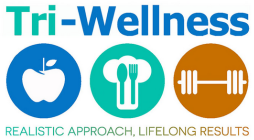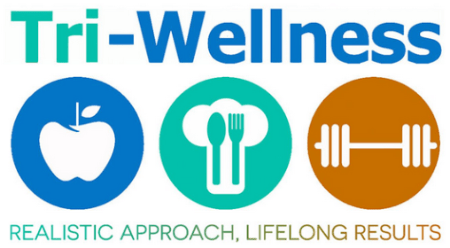As a nutritionist, it pains me to think that people keep subscribing to fad diets, which can greatly endanger your health and lead to the ballooning effect, i.e. when a person diets and then balloons back to his/her original weight weeks later. Plus, limiting your diet to only a few food groups can even harm your body. This has inspiredme to start a series to explain the real deal behind fad diets. Today, I’ll start with one of most popular fad diets: the Atkins diet.
The entire basis of Atkins is that a low-carb diet allegedly puts humans into a state of fat-burning ketosis, which Dr. Atkins claimed could help people to burn 950 calories more per day. However, one of the world's leading medical journals, "The Lancet" conducted a study which concluded that there was no such metabolic advantage[1], and that dieters were just eating fewer calories out of boredom [2].
However, some people who start on the diet are greatly encouraged by the fact they suddenly lose 2-4 pounds in the first few weeks. Cause for celebration? No! The weight that dieters lose in those first few weeks is usually water weight. The extreme lack of carbohydrates results in depleting glycogen stores, which releases the reserve water locked in your body[3]. This is not fat, and you will gain it back.
There are several dangers that low-carb diets pose[2]:
- Cholesterol
Studies in 2009[2] have shown that dieters on low-carb diets actually increased their cholesterol levels, and since then twodeaths (by cardiac arrest) of dieters on such low-carb diets have been reported.
- MG, or Methylglyoxal is a glycotoxin that causes blood vessel and tissue damage. In a 2005 study (Beisswenger, et al.) it was shown that MG levels in Atkins dieters doubled shortly after the diet started.
- The Atkins diet is a high protein diet, and Wikipedia contains a harrowing story about such diets:
"High protein diets can cause the loss of calcium and a lowering in urinary citrate levels, which may lead to osteoporosis and kidney stones (Ornish,2004). Ketone bodies are excreted in urine with cations to neutralize the charge, so the body is losing essential cation minerals such as calcium, potassium, and magnesium, which in one case led to the death of a sixteen-year-old girl. She died from ventricular fibrillation arrest two weeks after starting a high protein-low carbohydrate diet. During resuscitation attempts she had hypokalemia (lower than normal amount of potassium in the blood) and also hypocalcemia (lower than normal amount of calcium in the blood)[14] Ornish also wrote that the Atkins diet leads to constipation in 70% of the subjects, 65% had halitosis (bad breath due to exhaled ketones), 54% were experiencing headaches, and 10% reported hearing loss.[14]"
So how does the Atkins Diet compare to a simple reduced calorie diet? According to the New England Journal of Medicine[3], two groups of obese people were tested. One group was on Atkins, and the other was on a reduced calorie diet. The obese group on Atkins showed slightly better weight loss on the low-carb diet after six months, but there was no longer any difference during the 12 months. The verdict? Don't buy into the hype. Once you stop the Atkins diet, with its limiting and exhausting food restrictions, you'll gain those pounds right back.
[1] The Lancet, Volume 364, Issue 9437, Pages 897 - 899, 4 September 2004














